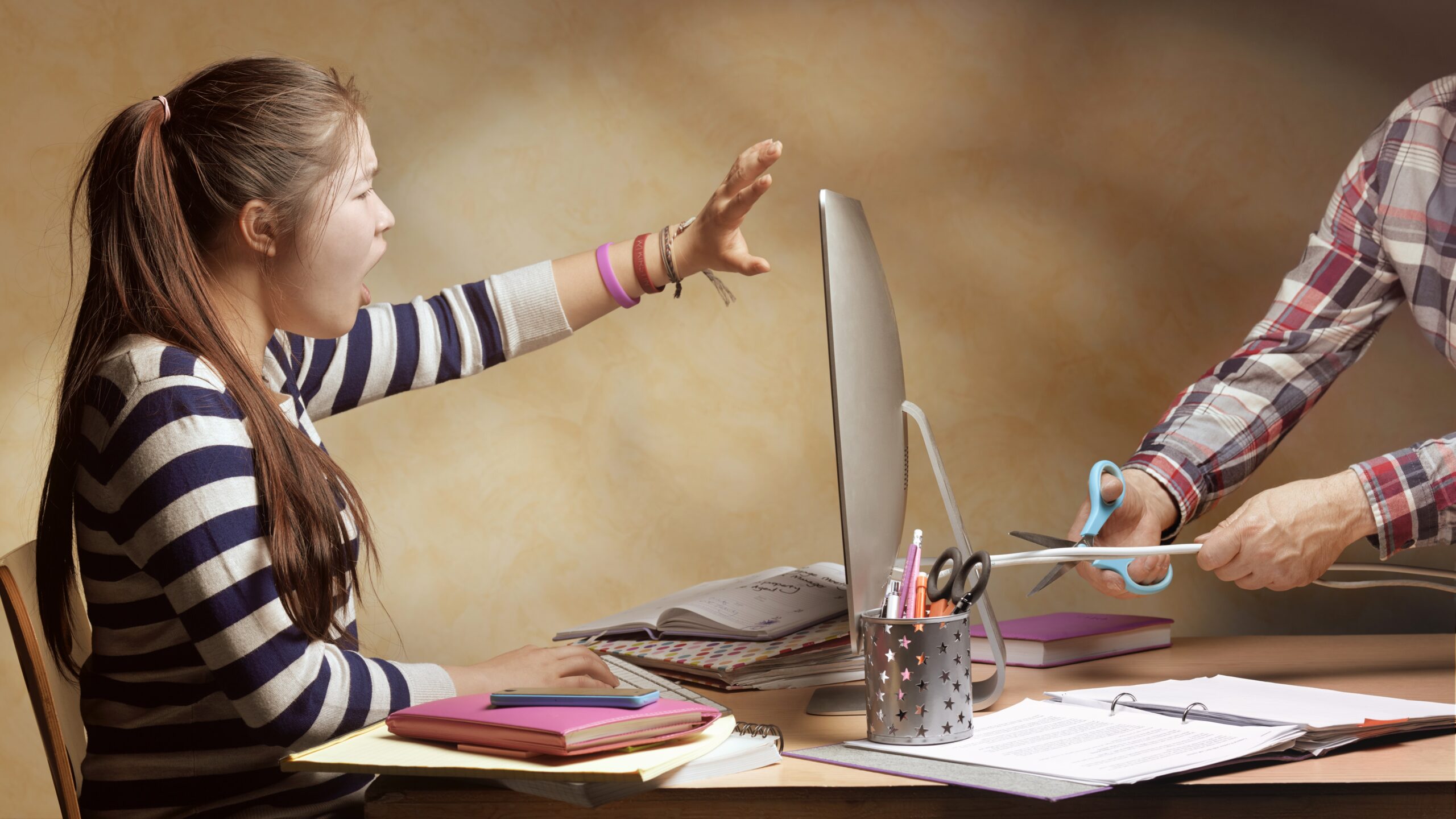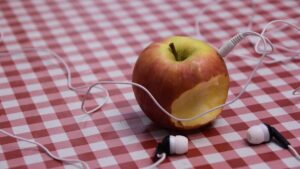Social media ban on Facebook, TikTok and others fails to teach children how to think

Pic via Getty Images
Facebook owner Meta has revealed that it – and every other social media platform – will have to start collecting the biometric data of Australian children to comply with the Albanese government’s landmark social media ban.
The new law, which is designed to stop children under the age of 16 from accessing social media, was passed after a three-hour debate in parliament. It received bipartisan support, despite tech and child-safety experts warning that the bill was too rushed.
What our policymakers did not spell out was how social media titans would verify a child’s age to ensure it complied with the ban.
There is a thought in Canberra that companies like Facebook owner Meta – which is valued at $US1.4 trillion – possess the best technology in the world and therefore can simply “figure it out”.
But such thinking represents breathtaking naivety.
While Meta spends about 27 per cent of its revenue, or more than $US40bn a year, on research and development, trusting it and other tech companies such as Chinese-owned TikTok to come up solutions to government problems, is dangerous.
Australian Human Rights Commissioner Lorraine Finlay and National Children’s Commissioner Anne Hollonds attempted to warn the government, saying a social media ban “oversimplifies a complex issue and carries the risk of unintended harms”, particularly in regard to the collection of biometric data.
They said it represented a significant privacy risk to millions.
“Enforcing a ban would require some form of age assurance, potentially involving biometric data or official identification documents,” they said.
“Social media companies, such as US-owned Meta and Chinese-owned TikTok, would need to collect this sensitive information from millions of Australians.
“Relying on tech giants to manage sensitive data is a risky gamble, particularly without robust legal protections in place.”
Bunnings sparked a fierce debate when the Privacy Commissioner slammed the hardware chain’s use of facial recognition cameras at its stores without customers’ consent.
And the same core issues are at play. Bunnings wanted to keep its staff safe from armed robberies and violence, and the Albanese government wanted to keep children safe from social media-fuelled harms such as bullying, which can have tragic consequences.
But ensuring safety while not creating unintended consequences is a delicate balance – and as UNSW Founders director of entrepreneurship David Burt says: “We must be careful that today’s easy solution isn’t tomorrow’s absolute disaster”.
A key concern for the individuals – in this case children – is that biometric data cannot be reset and can be used to commit identity fraud, create fake legal documents, passports, bank accounts and access sensitive information such as medical details.
Then there is the creation of artificial intelligence-powered deep fakes. And where will children’s biometric data be stored, in Australia or elsewhere in jurisdictions the laws of which may not align with our own?
“It feels good to ban something, it sounds so decisive. ‘Kids addicted to social media? No problem, it’s banned’,” Burt says.
“This outrage doesn’t solve the problem though. The problem is addiction, an unthinking consumption of media. The solution isn’t abstinence. It’s taking responsibility to teach children how to think.”
Finlay and Hollands agree.
“It is clear we must do more to better protect children online and provide more support for parents and carers,” they say.
“Social media can cause real harm and has already had a devastating impact on too many families across the country.
“But instead of masking these problems with a ban, we need to treat the underlying causes.
“Improving education around digital literacy and online safety in schools will equip young people with the tools they need to navigate social media responsibly.
“Our kids need to be supported to think critically about what they see online and how they engage with social media. Parents and teachers, too, need better resources to guide young people in this space.”
This article first appeared in The Australian.
Related Topics
UNLOCK INSIGHTS
Discover the untold stories of emerging ASX stocks.
Daily news and expert analysis, it's free to subscribe.
By proceeding, you confirm you understand that we handle personal information in accordance with our Privacy Policy.








